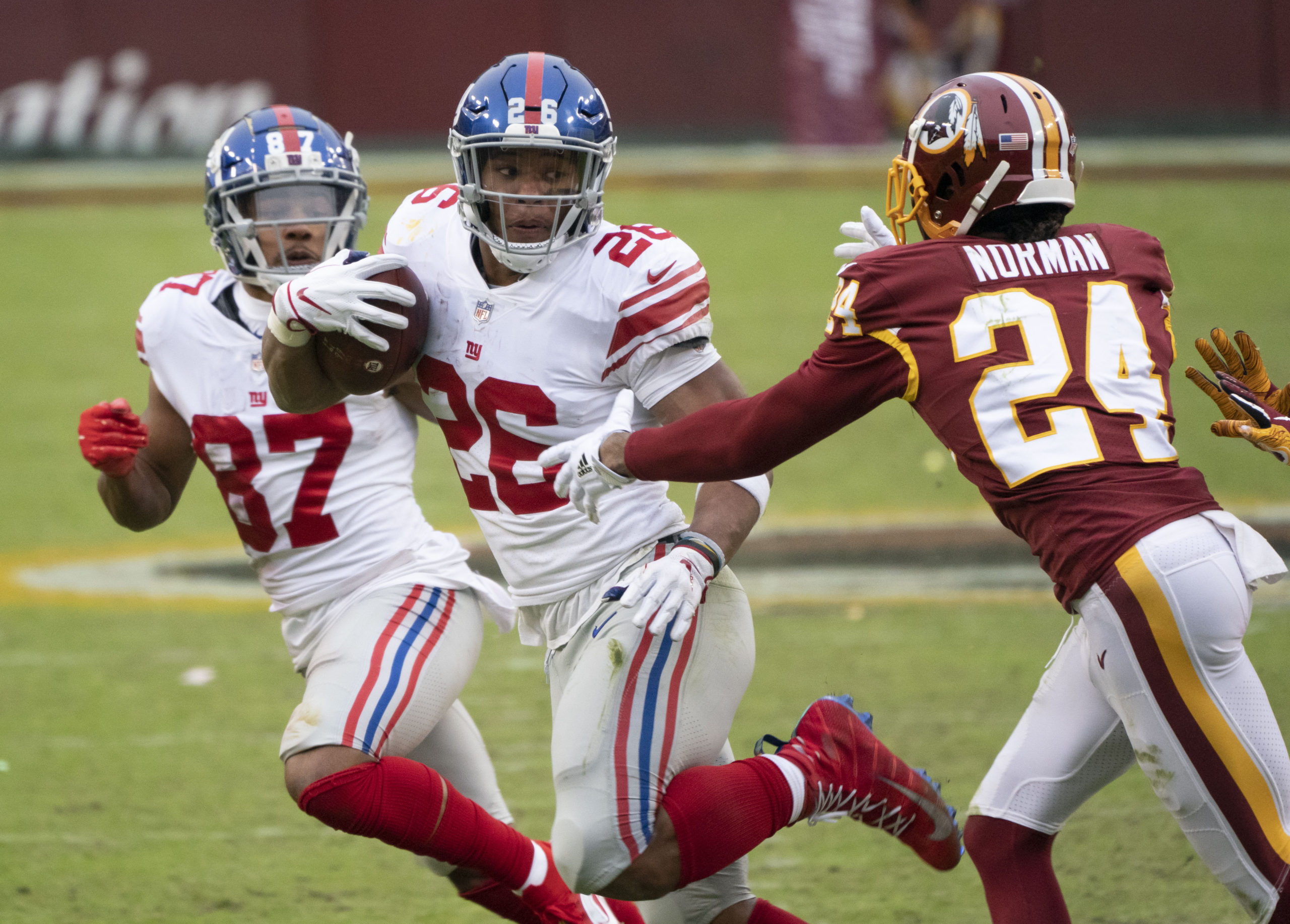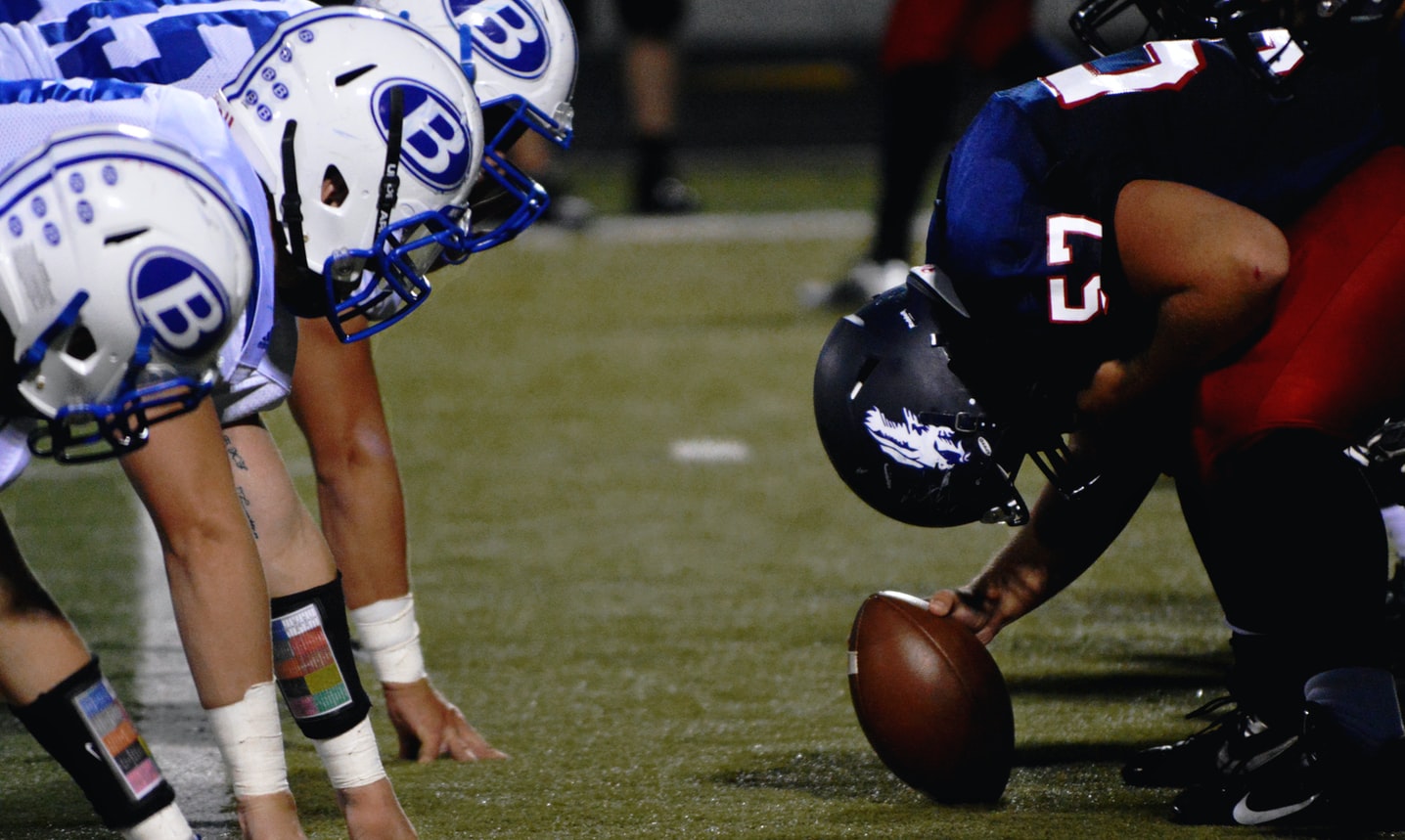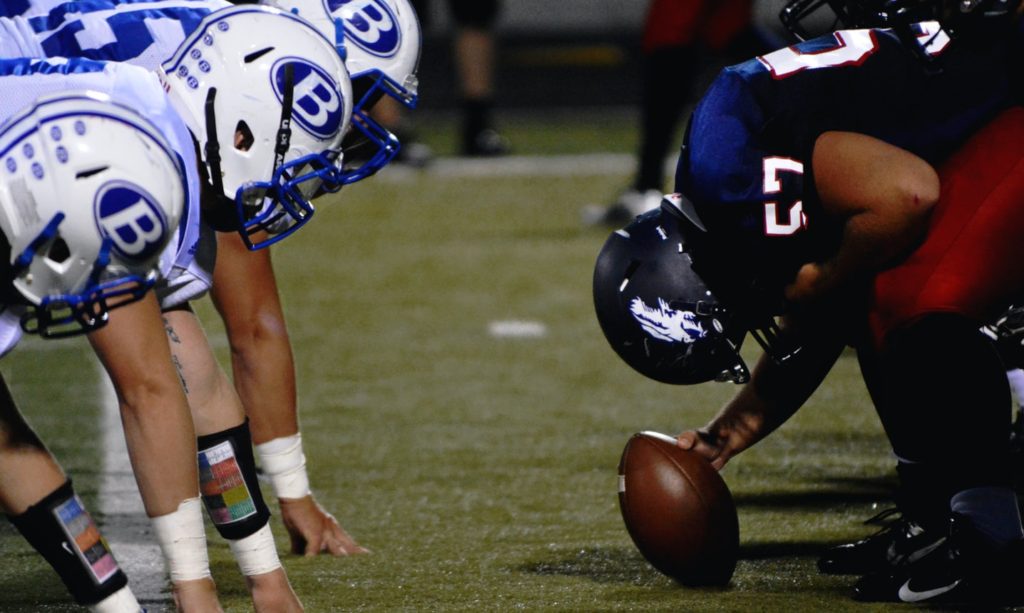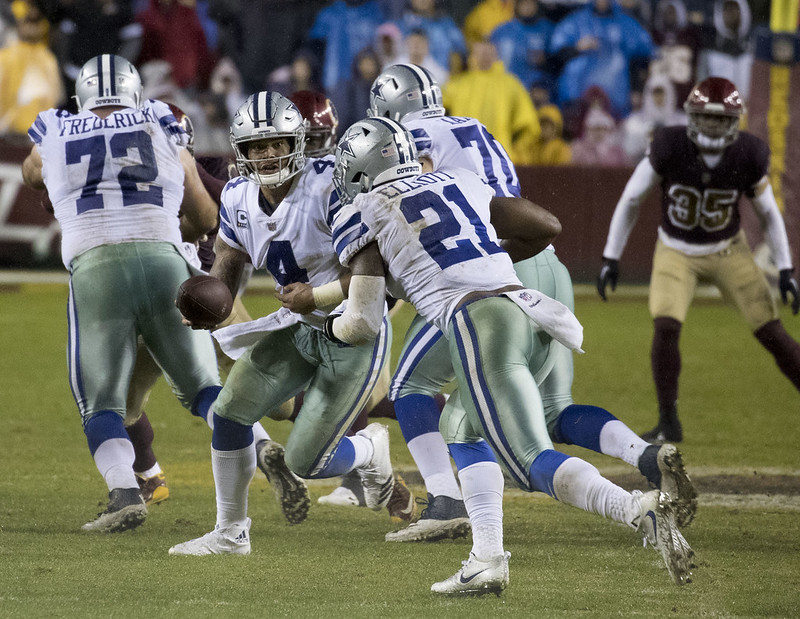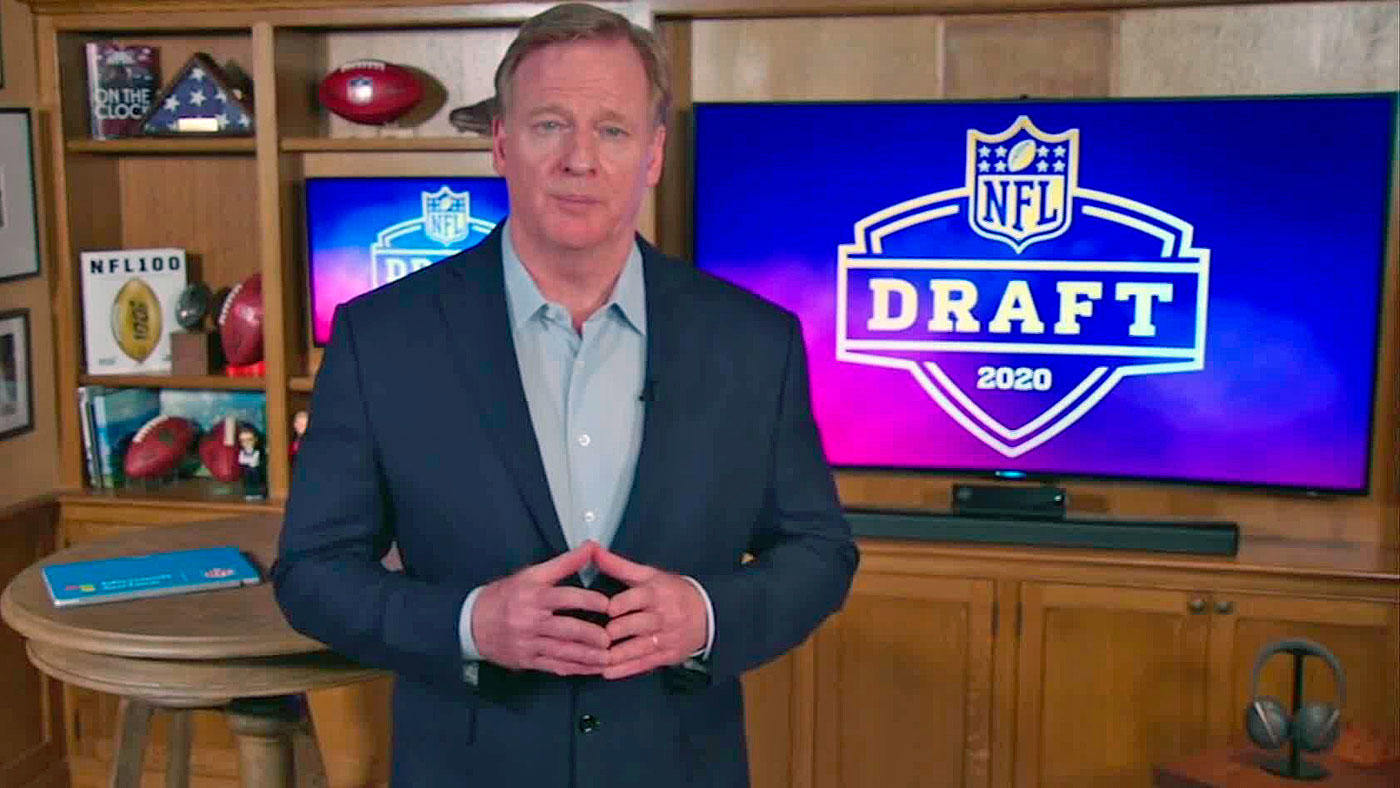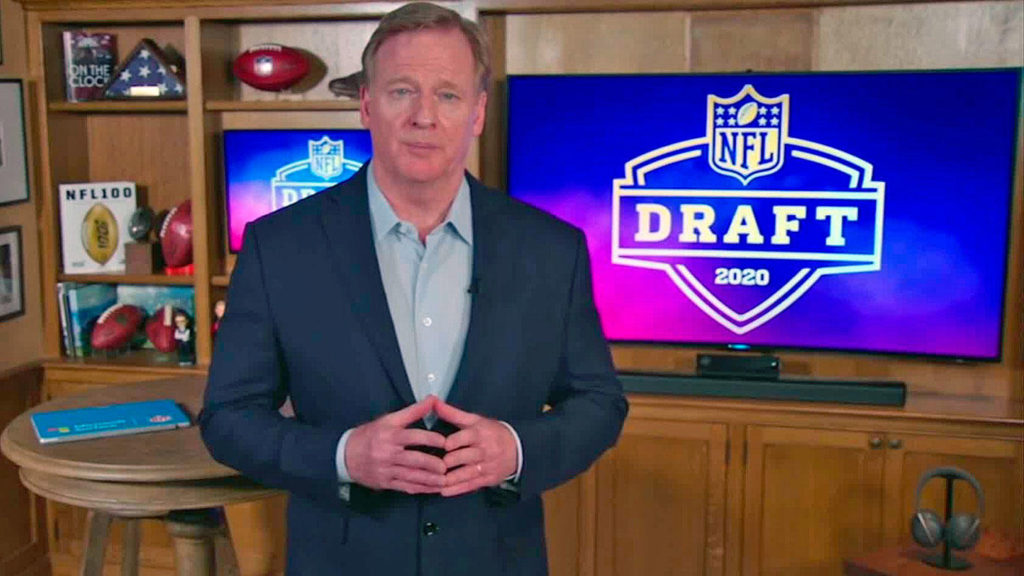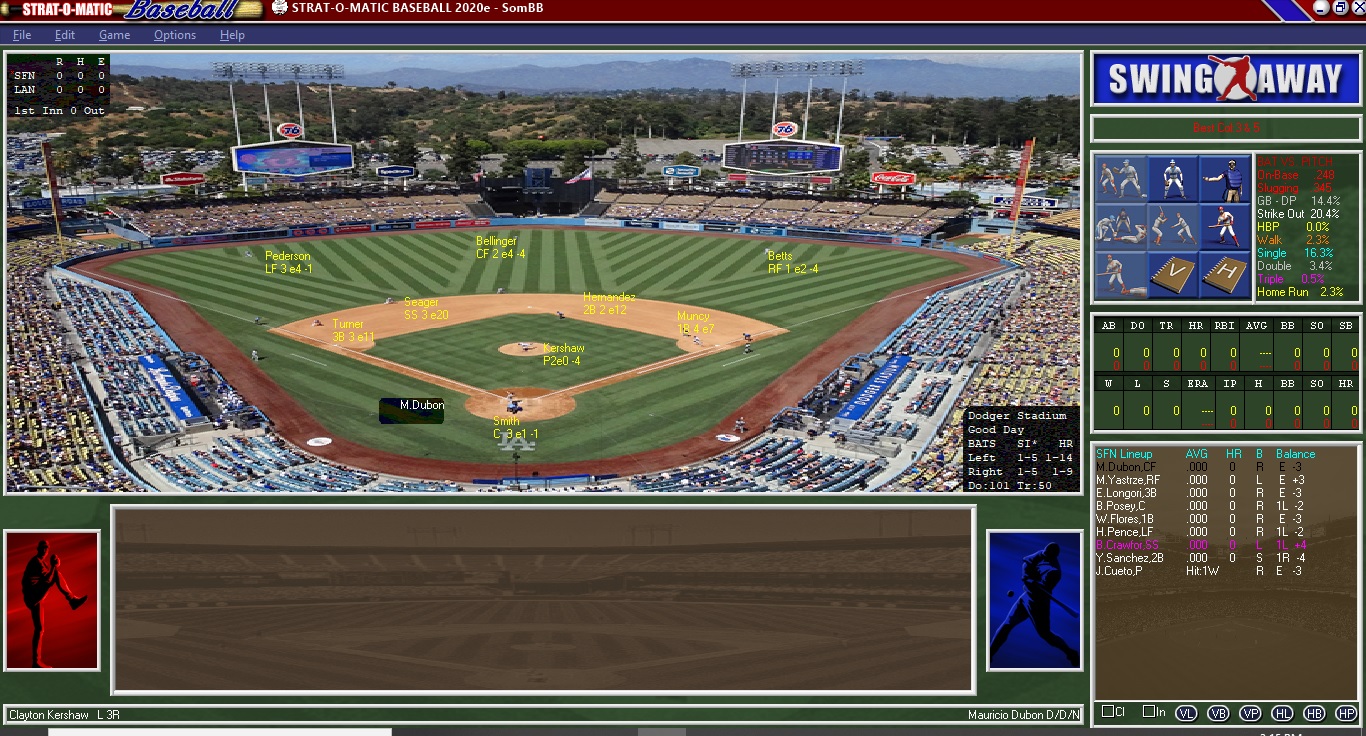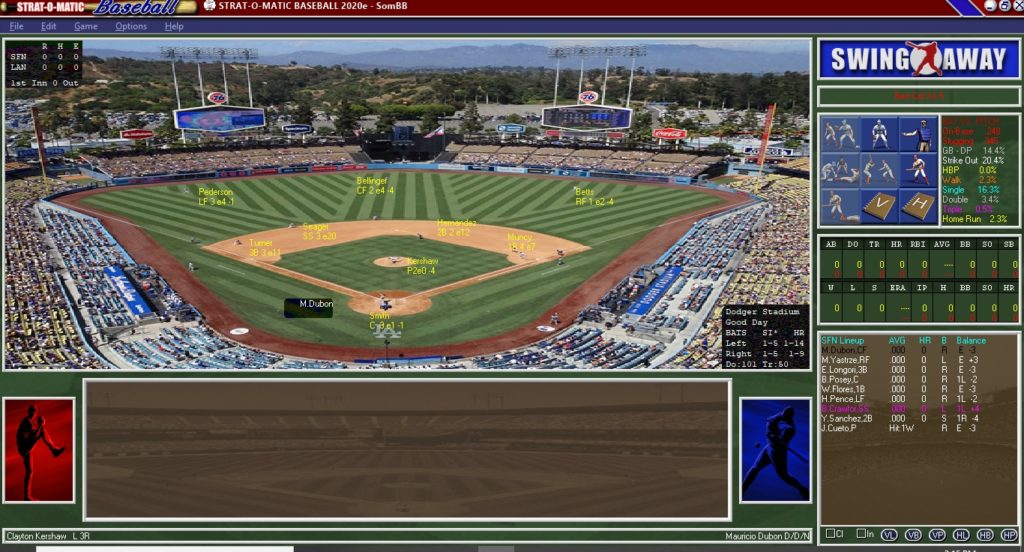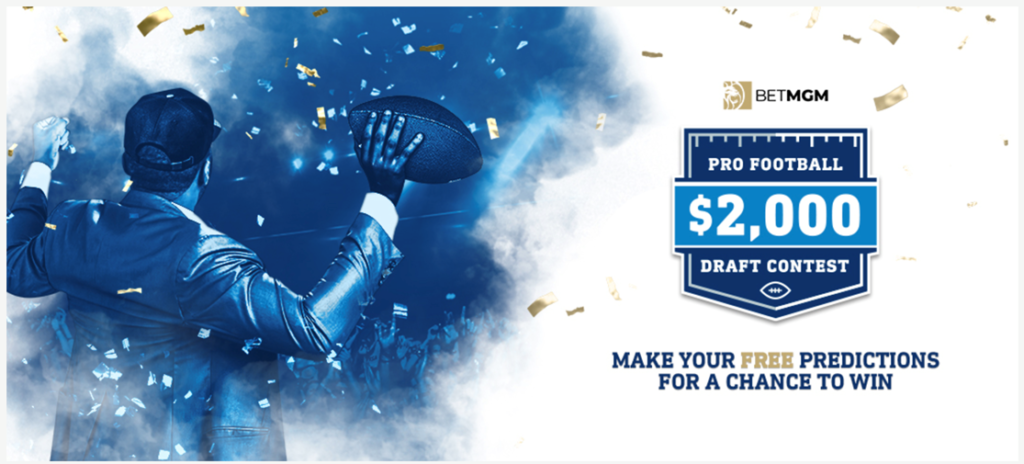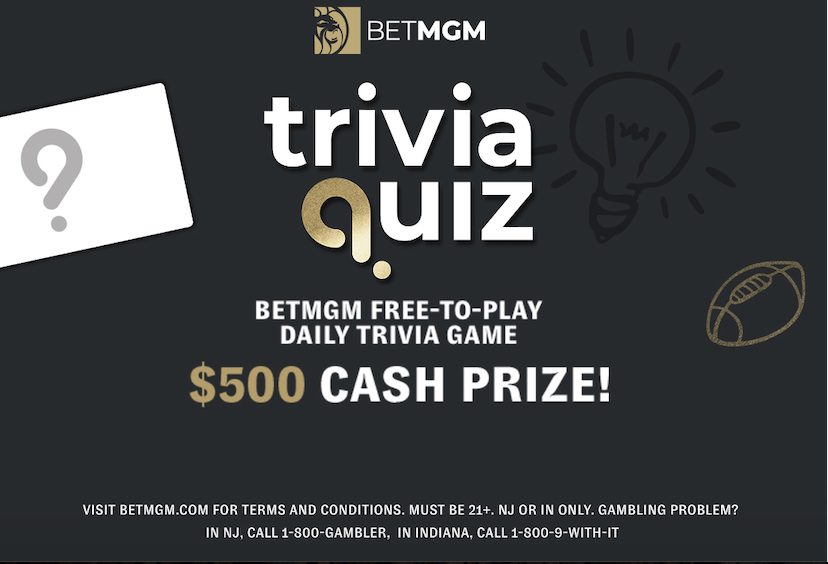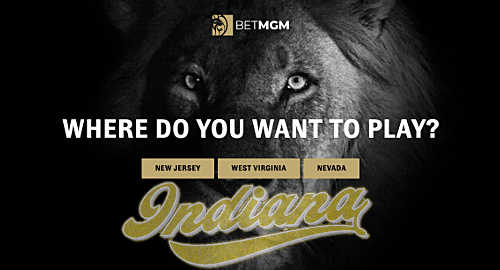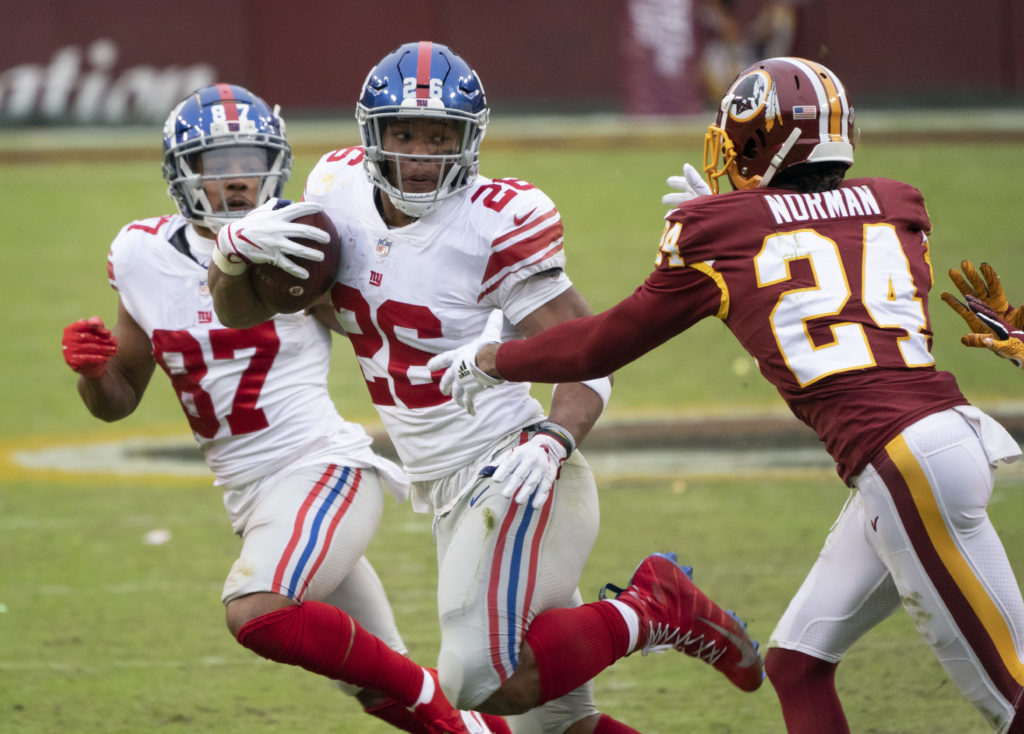
The following is an interview with Senator Lesniak, from BonusSeeker.com.
The entire sports landscape has been flipped on its head for an undetermined amount of time due to the COVID-19 outbreak across the United States and as a result, the pandemic’s impact can be felt everywhere including the betting industry.
In the college basketball world, March Madness and the 2020 NCAA Tournament are no more, and flying away with them is the opportunity to shine a light on a seldom discussed issue with sports betting in New Jersey.
From the time it was signed into law in June 2018, legal sports betting in the Garden State has been a massive benefit for all parties. The huge population of fans gets the chance to wager on sports using regulated sites, the operators generate huge amounts of revenue, and in turn, plenty of tax dollars go to the state.
New Jersey features a wide range of sportsbooks to choose from, many with a seemingly never-ending catalog of betting markets that span a huge number of sports. All of this is why it has become the blueprint for every other state entering the market over the past year-and-a-half.
But there is one thing you won’t find at any sportsbook in New Jersey: the ability to wager on collegiate teams located in the state.
This topic finally had a shot to come into full view with both of the state’s prominent Division I athletic programs, Seton Hall and Rutgers, headed to the 2020 NCAA Tournament this year. The unfortunate cancelation of this year’s event means the Garden State’s only blemish when it comes to online sports betting wouldn’t have the chance to reach the forefront of our collective consciousness unless somebody put it there.
Why Would This Matter During March Madness?
Under New Jersey law, sportsbooks aren’t legally allowed to offer lines on college games that involve schools located inside the state. Collegiate events being played inside Garden State borders, even if none of the teams involved are from Jersey, are also off-limits.
The measure seemingly hasn’t mattered much to this point, mainly serving as evidence of a legislative concession made before the original bill was passed in 2012. But the truth remains that the ban on local teams negatively impacts sports betting in New Jersey from both a financial and a customer-experience point of view.
Part of the reason why this precondition has been largely ignored is that there haven’t been many high-quality athletic programs inside the state that bettors wanted to put their money on in any serious way.
As the 2019-20 season played out, that was no longer the case. Seton Hall earned a top-10 ranking this season for the first time in two decades while Rutgers was going to the NCAA Tournament for the first time since 1991. The Pirates and Scarlet Knights were each having huge seasons which included bids to the Big Dance and fans of both programs wanted to wager on their favorite teams during March Madness, but couldn’t.
For a minute, let’s imagine a utopia where the 2020 NCAA Tournament was still played as it was intended just a couple of weeks ago. As a result of the current law, New Jersey could be missing out on a chance to make even more in tax dollars, which can directly benefit people in the state via the government programs that this money goes toward.
If there is any flaw in the sports betting law in the Garden State, this is it.
Collegiate Sports Betting Ban Was Practical, Not Preferred
The current policy wasn’t the original intention of New Jersey lawmakers but as former Senator Raymond Lesniak put it, “it was a matter of practicality that it turned out that way.”
To understand how this compromise wound up in place, context is important. Luckily I had a chance to speak with Lesniak, who authored and introduced the pioneering bill that would not only bring sports betting to his state, but play a huge role in the fight that eventually led to the federal repeal of the Professional and Amateur Sports Protection Act (PASPA) in 2018.
Lesniak’s book, Beating The Odds: The Epic Battle That Brought Legal Sports Betting Across America, chronicles in great detail the years-long fight against the hypocrisy of both the federal government and professional sports leagues. Lesniak will enter the Sports Betting Hall of Fame this year to cement a well-earned legacy as someone who helped regulate the industry and laid the groundwork for it to flourish as it is today.
For now, let’s go back to 2011. After drafting his legislation, Lesniak’s top priority was making sure that regulated sports betting in New Jersey could make its way into law while opponents such as basketball Hall of Famer and former Senator Bill Bradley were actively trying to derail its passage.
“It was a political choice I made to make sure that we got the referendum through the legislature and passed by the voters,” Lesniak explained to Brian Sausa of BonusSeeker. “We weren’t clear that we would be able to get the votes in the legislature to put the referendum on the ballot.”
In order to quiet the noise and avoid the type of blowback that could kill the legislation, Lesniak decided losing a battle was worth winning the war. As it turns out, throwing Bradley (who led the charge to pass PASPA in the first place) and other opponents a bone in order to make sure the bill reached the voters was the right move.
Lesniak’s legislative efforts led directly to the passing of the Sports Wagering Act on two separate occasions (2012 and 2014), the latter of which granted casinos and racetracks the right to offer sports betting without licensing and regulation from the state.
In the wake of the repeal of PASPA (which had been in place since 1992) in June 2018, the legalization of sports betting in New Jersey has brought exactly the type of financial windfall that Lesniak expected it would several years before it came to fruition.
The first full year of regulated betting in New Jersey was 2019 and it saw the state take in over $4.5 billion in wagers, which produced around $300 million in revenue. After inserting a 9.75 percent tax rate for in-person bets and a 13 percent rate for mobile wagers, that means that over $36 million went right to state and local governments in taxes.
Once you lay out the numbers from all the sports combined, it’s easy to see why Lesniak and other sports betting proponents were ultimately fine with acquiescing to cut this tiny group of New Jersey teams from the equation.
But just because this was an understandable deal to make doesn’t mean that even Lesniak believes everything about the way betting laws are written in New Jersey is perfect.
Former NJ Senator: Betting Doesn’t Hurt Integrity Of Sports
Those against the passage of sports betting legislation cited integrity as a concern and wanted contests featuring in-state teams left off the board entirely. The weather on the moral high ground might be nice but this is not the hill to die on, metaphorically speaking.
On the surface it seems like a legitimate worry, especially considering the point-shaving scandals that have marred the image of the NCAA for decades since the 1950s. But in reality, the argument holds little water. And if you don’t believe me, take it from the man who wrote the bill.
“I would have preferred to have included college sports teams [in New Jersey],” Senator Lesniak admitted. “I don’t believe it’s a threat to the integrity of the sport, that’s why I sponsored it in the first place.”
What Lesniak and others fought for is completely lawful betting regulated by the state government. Previous attempts to compromise the integrity of college athletics were largely undertaken by organized crime syndicates gaining access to players as part of an unregulated underworld of illegal activity. The two really aren’t comparable, though Bradley may disagree.
To be very fair, it wasn’t only one person clinging to this perspective, as Lesniak had other opposition to worry about as well. “We thought it would be a focal point for the NFL and the NCAA to wage a campaign against it,” the Senator said in reference to allowing wagering on New Jersey schools.
If you’re wondering just how bad the threat posed to NCAA athletics by sports betting is, let us help you. There is so little credence given to the integrity argument that after operations in New Jersey launched, almost every other state passed sports betting legislation while allowing wagers on in-state collegiate teams.
So when push comes to shove, integrity never was and still isn’t an issue when it comes to regulated gaming. Unfortunately, Lesniak doesn’t see a scenario in which this law is amended to include wagering on programs that play in New Jersey.
“I do not believe we’re going to move to change it because it would isolate that issue before the voters and I think it’s a tough issue to argue isolated from the rest. So we’re going to let Pennsylvania get the benefit of betting on Rutgers to win the Big Ten Tournament,” quipped Lesniak, a Rutgers graduate and longtime supporter prior to March Madness being shut down.
Would NJ Have Missed Out On Sports Betting Revenue During March Madness?
We know that comparatively, the money made from just a few local schools would be a drop in the bucket next to the full-on tsunami of dollars rolling in from all of the other betting options that are offered in the state. With that said, the fact remains New Jersey would still be leaving money on the table.
So yes, it would have missed out on revenue even though March Madness is a cash cow as-is, it’s just a question of whether or not it would have been enough for anyone to notice.
One question worth asking might be: with part of sports betting tax money going toward social services, education, and other government programs, is there really any amount of money too insignificant?
Perhaps 30 regular-season games plus conference tournaments aren’t enough to turn any heads. But what if Rutgers, a team which excelled in the country’s best conference, made it deep into the NCAA Tournament this year?
What if Seton Hall, a likely top-three seed capable of a run to the Final Four, had made it all the way to Atlanta? Suddenly, it would have been a much larger faction of the betting population that is turned away as opposed to just fans of those two programs.
Perhaps what nobody wants to say out loud is that there simply isn’t enough of a financial impact made by the inclusion of just a few schools, even if the majority of their fans are residents of the state.
There isn’t really a way to quantify the amount necessary to ignite the questions needed to amend the law but one can’t help but feel as though if there was enough money to be made off allowing bettors to wager on New Jersey teams, the powers that be may start to see things differently.
We should also remember that since its foray into the gaming world, no arena in New Jersey has been chosen as a host site for any NCAA Tournament games, another thing that could also produce a significant amount of money for the state.
With an amendment to the law, however, the Garden State could have its cake and eat it too. It could host a series of March Madness events to a sold-out arena while making those games available for betting, both of which the state and its resident sports fans would benefit from.
How About Improving Customer Experience In New Jersey?
While the industry is currently in a standstill, betting in the Garden State has been unmistakably prosperous. And quite simply, the only reason New Jersey has experienced such a financial boon in such a short time is because of the bettors.
If people didn’t download the app to wager or show up to the window at one of the state’s casinos, there would be no revenue or taxes to be collected. Feels like a pretty simple concept, no?
Even though there are tons of betting options, college sports are hugely popular and the law doesn’t do everything it can to help the experience of the people that essentially raised $36 million in new tax dollars in 2019. As one New Jersey resident and Seton Hall fan told us, some don’t quite understand the game of geographical gymnastics that they’ve been forced into.
“I don’t feel like I should have to drive an hour, or 90 minutes, or two hours to place a bet when I only live a couple miles from the arena where they play all the games,” Brian Flynn explained. “So I don’t really get why it’s like this, why wouldn’t you want people to bet more?” he asked.
It’s a great question. The word ‘fan’ is short for fanatic, so it makes sense that people love to wager on the teams they root for. It’s part of human nature to feel like your favorite school is going to win and for many casual bettors, wagering on your own team enhances the game-watching experience. And when a fan’s team is achieving success, many fans will continue betting on that team regularly.
But without the option, New Jersey is watching other states walk off with money from its residents, just as offshore sportsbooks were doing not so long ago.
Is It Time To Consider Amending Sports Betting Law?
As a frequent sports bettor who places his wagers legally in New Jersey, the prohibition on local teams is something that has never sat well with me.
So when I spotted a high-ranking official from the New Jersey Department of Gaming Enforcement leaving the 2019 Sports Betting USA Conference in Manhattan, I opted to approach him and his colleague, another important DGE employee.
I lightheartedly remarked that the state may have to take a look at some of its rules if an in-state school like Seton Hall or Rutgers made a postseason run in basketball or football postseason due to the money that could potentially be made or lost.
Both men grinned and chuckled momentarily but didn’t seem to make much of the thought, probably imagining the farfetched likelihood Rutgers’ bottom-of-the-barrel football program going to the College Football Playoff. That remains unlikely, and it’s not as though the Scarlet Knights or Seton Hall has been historically considered a basketball powerhouse of any kind, either.
A few short months later, however, and there’s little to laugh about. This precondition was necessary at the time and sports betting in New Jersey may not exist without it, but now it’s 2020 and New Jersey’s teams were about to play a significant role in March Madness. So you’d have to excuse fans and bettors in the state for not getting the joke.
New Jersey would be missing out on opportunities to pull in more tax dollars while providing a service many residents desire because of an antiquated compromise that doesn’t even protect the integrity of the sport. The entire exchange reminded me of an excerpt from Lesniak’s book, where he references DGE director David Rebuck proclaiming his goal was to make New Jersey the top market for sports betting in the country.
The Garden State has gone a long way toward achieving this goal, passing incumbent Nevada in monthly handle and revenue in May 2019 for the first time, just a year after betting was launched. In fact, in the 13 months from June 2018 to September 2019, New Jersey pulled in nearly $9 million more than Nevada in tax revenue.
Things are indeed going very well as a whole, but wouldn’t it be wise to tap all available resources and exhaust all revenue-generating options? Perhaps then, it would be just a little bit easier to attain the ultimate goal of staying on the industry mountain top.
Once things make dollars, they seem to make sense, and this has been the case with sports betting all along. For the very first time, it’s possible that allowing betting on collegiate teams and sporting events in the state could help generate revenue for New Jersey. And it’s time everyone starts paying attention.
